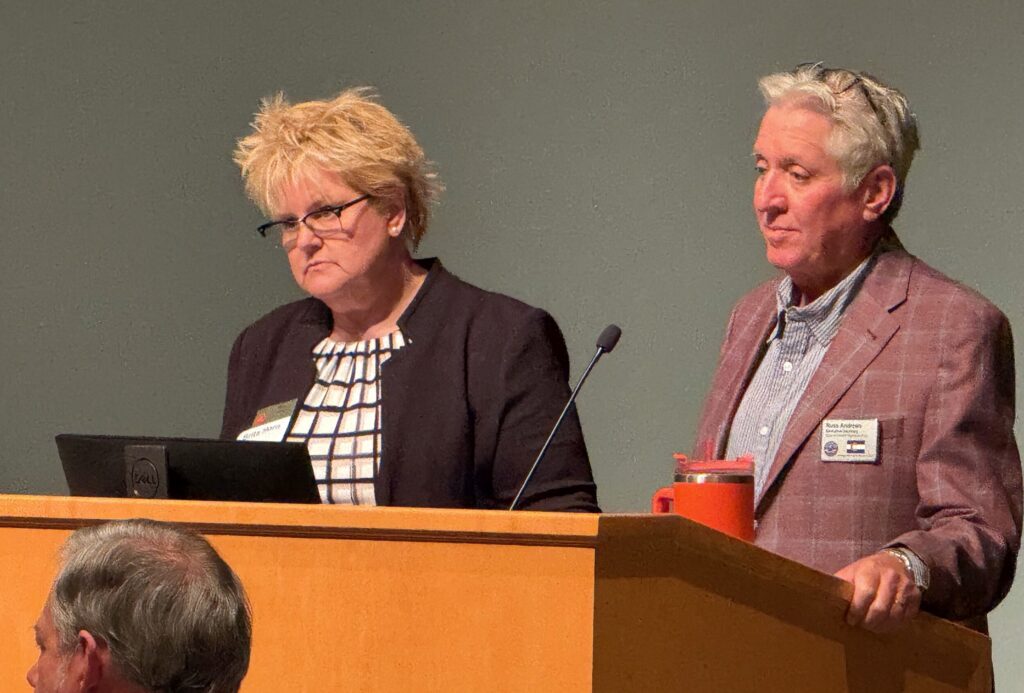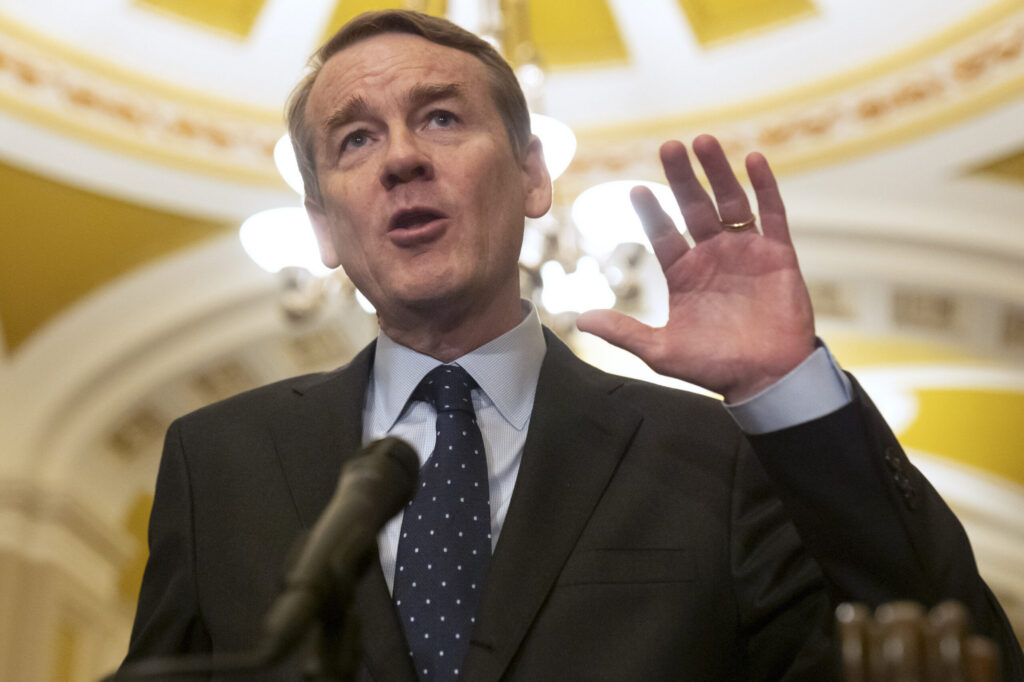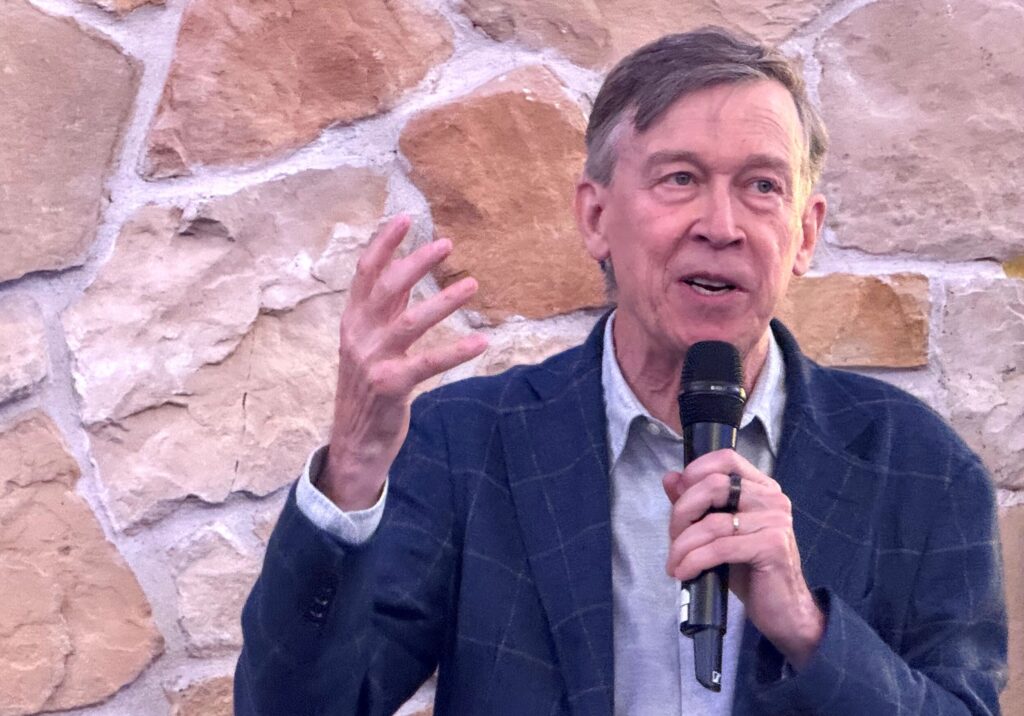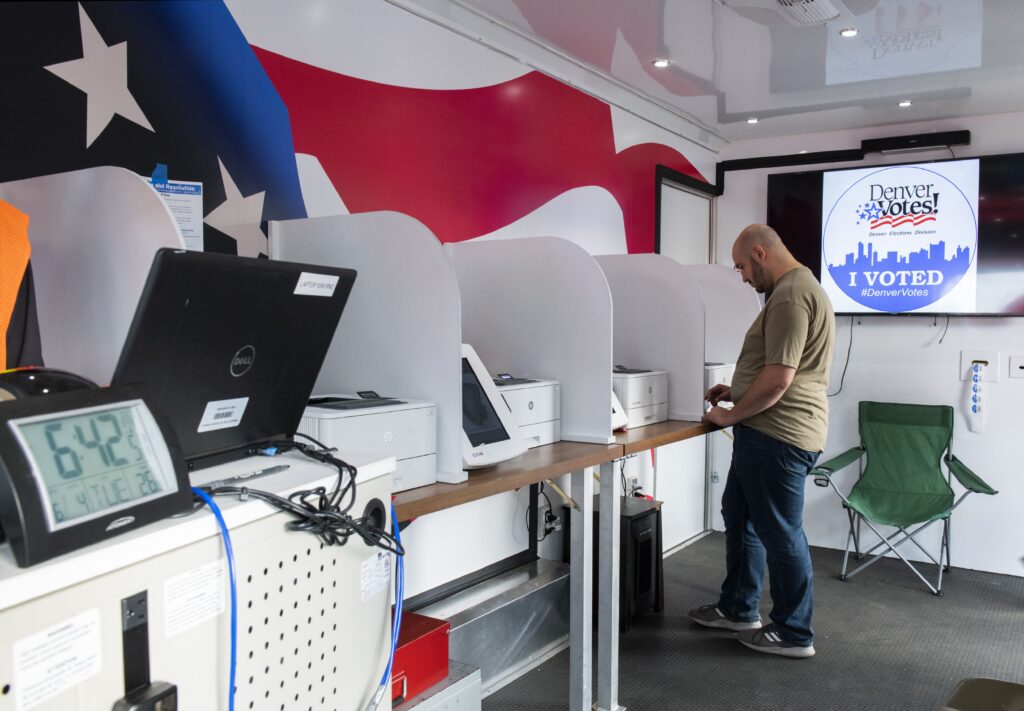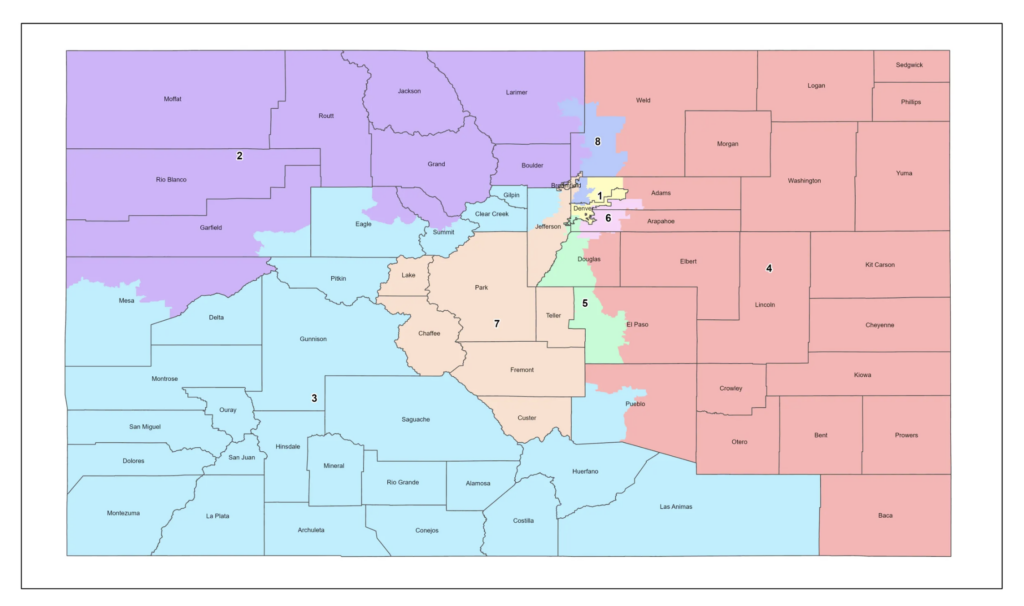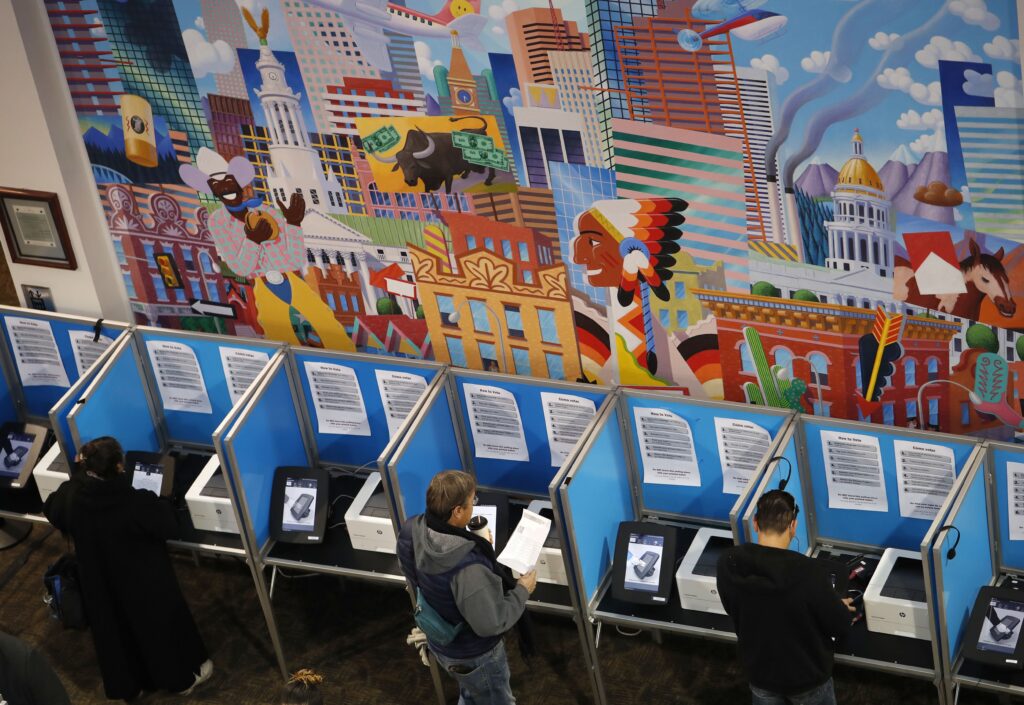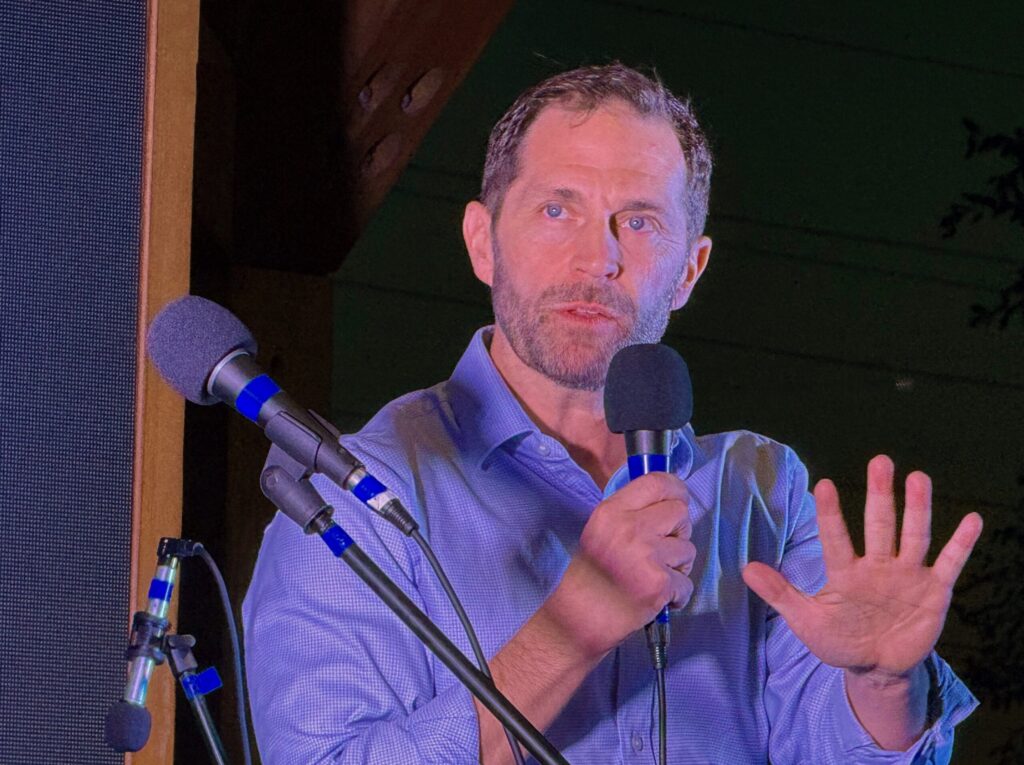Does Denver’s webpage on sales tax hike violate electioneering prohibition?
In an apparent move to avoid violating Colorado’s Fair Campaign Practices Act — which places limitations on how government entities may approach measures on the ballot — the Johnston administration removed a webpage dedicated to an upcoming sales tax initiative ballot measure.
City officials published an “informational page” about Mayor Mike Johnston’s proposed sales tax hike on the official City and County of Denver website, which the administration claims will generate up to $100 million for “affordable” housing.
By Tuesday, the webpage was taken down. The Denver Gazette had made inquiries about the site.
“The site was originally created to answer questions and provide information as the ordinance went through the official City Council process,” said Jordan Fuja, who speaks for the mayor’s office. “No staff time has been used to update the site since council referred the measure to the ballot. To avoid any confusion, we have decided to take the page down.”
The measure will ask Denver residents to raise taxes by 0.5 points and is one of two city sales tax hikes on the November ballot. If both are approved, the city’s sales taxes would become the highest in the metro area, exceeding Boulder and Louisville, and rivaling some of Colorado most expensive resort towns.
The law prohibits local governments from engaging in certain election-related activities, notably the use or expenditure of public funds or supplies when it comes to ballot measures. Notably, the law prohibits “advertising using public property or funds to influence, directly or indirectly, the passage or defeat of any issue.”
The mayor office’s sales tax hike page was missing key requirements set forth by the law on electioneering.
“The local governing body may use public funds to develop and distribute a factual summary on any issue of official concern that will appear on a ballot in the jurisdiction,” the law says. “The summary must include arguments for or against the proposal, but the summary itself may not contain a conclusion or opinion in favor of or against the proposal.”
Nowhere on the sales tax webpage included arguments against it.
Instead, the “informational page” outlined the reasons for spending on affordable housing. Taken as a whole, the “informational” page set up the sales tax in a favorable light.
“The fund will deliver housing opportunities across the continuum from homelessness to homeownership, including rooftops for our extremely low-income, low-income and middle-income earners,” the webpage says in response to this question: “What strategies, tactics, programs, etc. will you use to make housing more affordable? What type of housing? Where will this housing be built?”
The webpage highlighted how much other large cities, three of which are bigger than Denver, spend on affordable housing efforts. Seattle, which is similar in size to Denver, spends $600 million over two years on affordable housing against Denver’s $75 million annually, the website notes.
Seattle allocated roughly $253 million for its housing agency this year, while Denver’s Department of Housing Stability, tasked with addressing homelessness and housing affordability, was budgeted $208 million in total for 2024, of which the city anticipates spending $76.8M on housing. For 2025, Seattle wants to spend $342 million.
In another portion, the webpage included this question: “If this measure passes in November, when would we start to see the benefit of new units?”
“Immediately,” the website said. “Some of these strategies — such as rental and down payment assistance – would launch in January 2025. We believe we can generate 5,000 units in 2025.”
The mayor’s office does not offer “informational pages” on any of the other measures on the city’s November ballot.
Editor’s note: This story has been corrected to note that Seattle is spending $600 million over two years on affordable housing, not per year, and to reflect the total budget for Denver’s housing department, which includes spending on homelessness.


